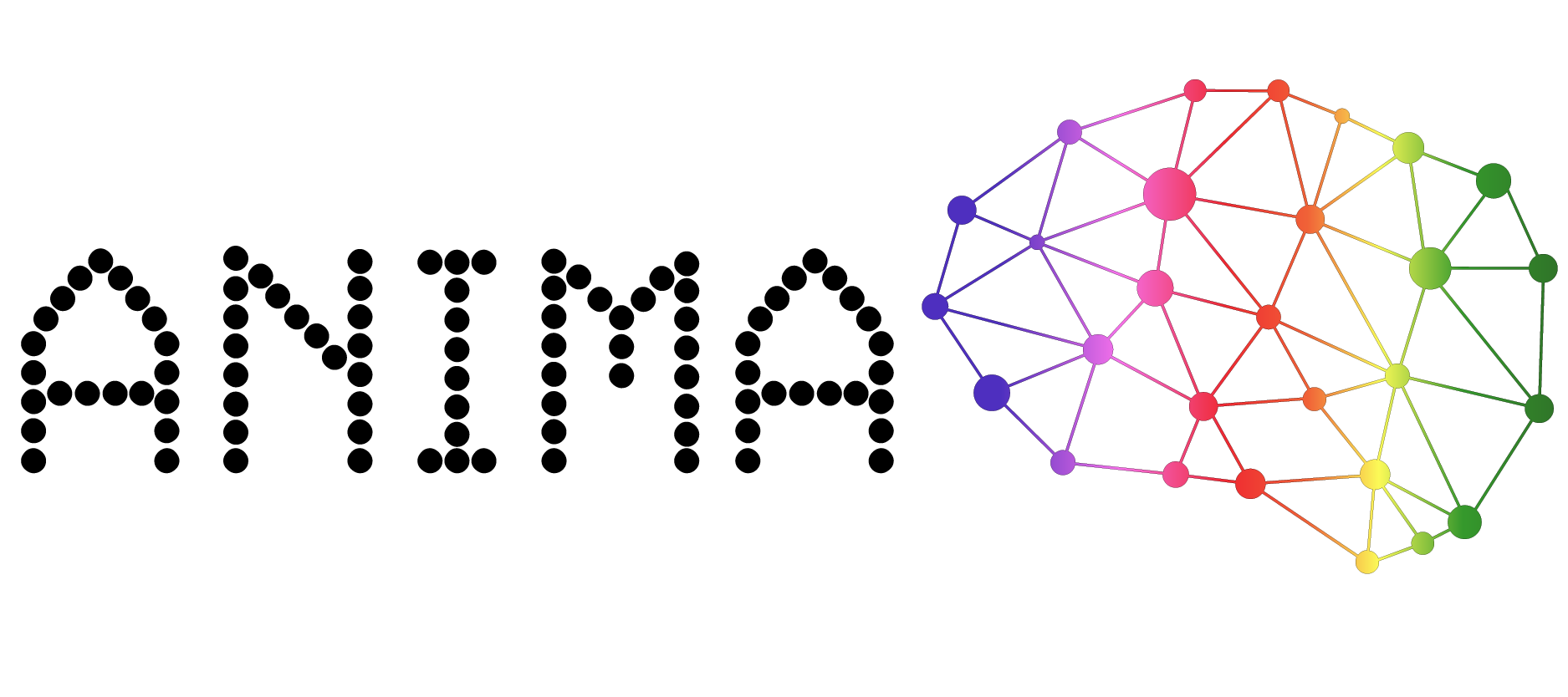- Home
- Understanding aviation noise
- Improving impact management
Improving impact management
ANIMA research suggests that noise mitigation efforts should focus directly on annoyance outcomes in the daytime and aircraft noise-induced impairment of sleep quality during night-time, in addition to reducing noise exposure. For such efforts to be effective, the full suite of acoustic contributions and non-acoustic factors associated with aircraft noise responses should be addressed. Hence, the ANIMA project encourages a comprehensive approach to noise management, both in the design, implementation and evaluation of noise management measures, and in assessing the long-term consequences arising from noise exposure.
Annoyance is affected by acoustic variables (the noise itself), as well as non-acoustic factors (e.g. personal noise sensitivity, perceived procedural fairness, coping ability, homeownership, relationship with authorities, perceived predictability, etc.)

Based on these factors, ANIMA developed a set of recommendations for noise management strategies, including ranging from how communities can be effectively engaged with regarding, for example, operational changes at airports, and how aviation actors can more effectively design communication and engagement processes that can influence the non-acoustic factors contributing to noise annoyance.

The overview undertaken by ANIMA researchers acknowledges that some non-acoustic factors will not be amenable to influence (e.g. the individual sensitivity to noise, the age of an affected person). However, it may be possible to address others (trust, fairness and attitude towards the sources of the noise) through management interventions and thereby influence the extent of annoyance. These factors can be best addressed through communication and engagement between airports, authorities and residents directed at the noise management process. In other words, meaningful engagement and two-way dialogues on noise matters that affect local communities is imperative.

Relevant information
ANIMA Noise management & community engagement scientific publications
Recommendations on annoyance mitigation and implications for communication and engagement
